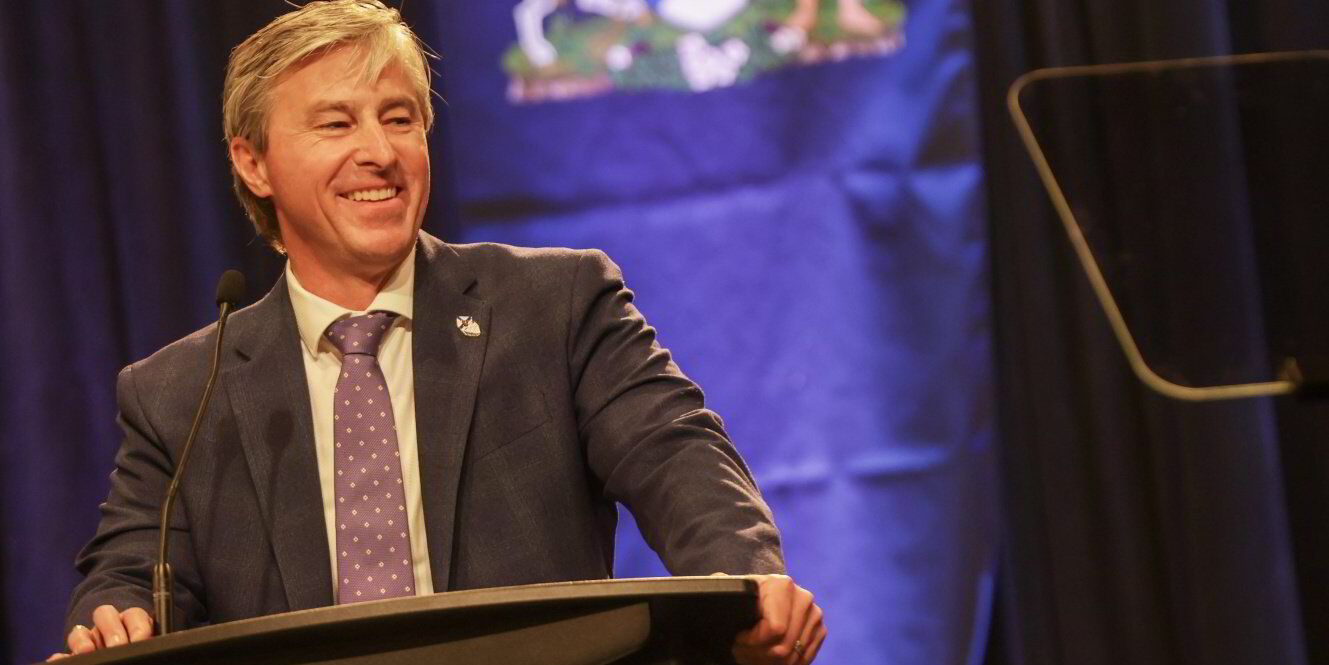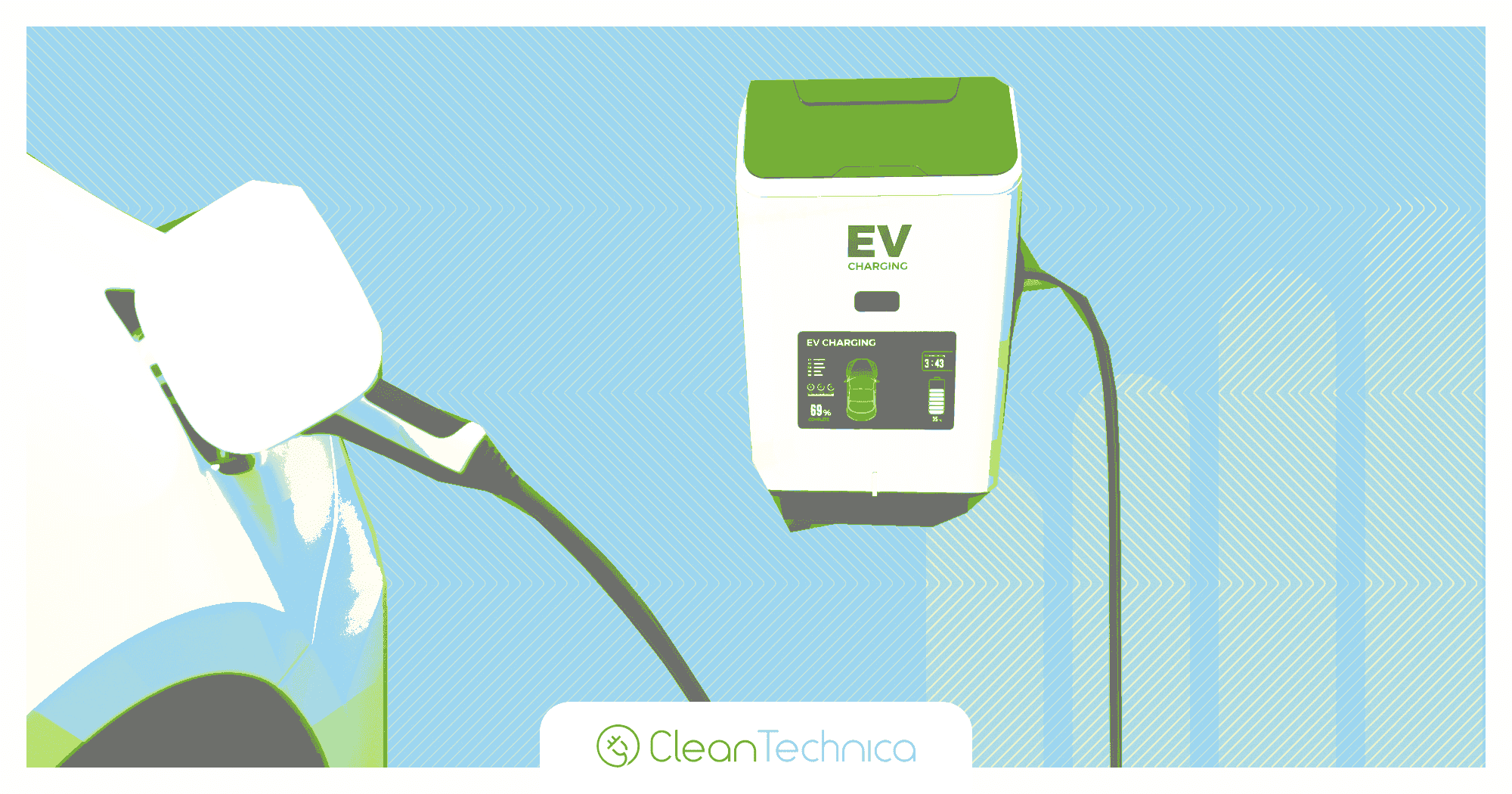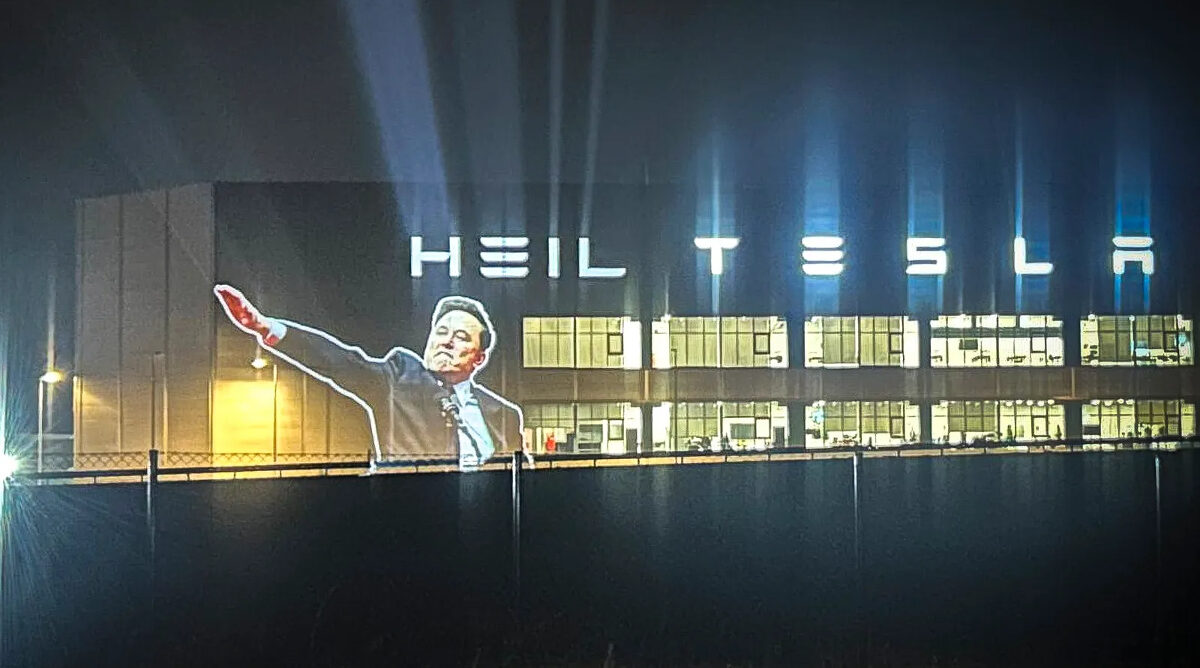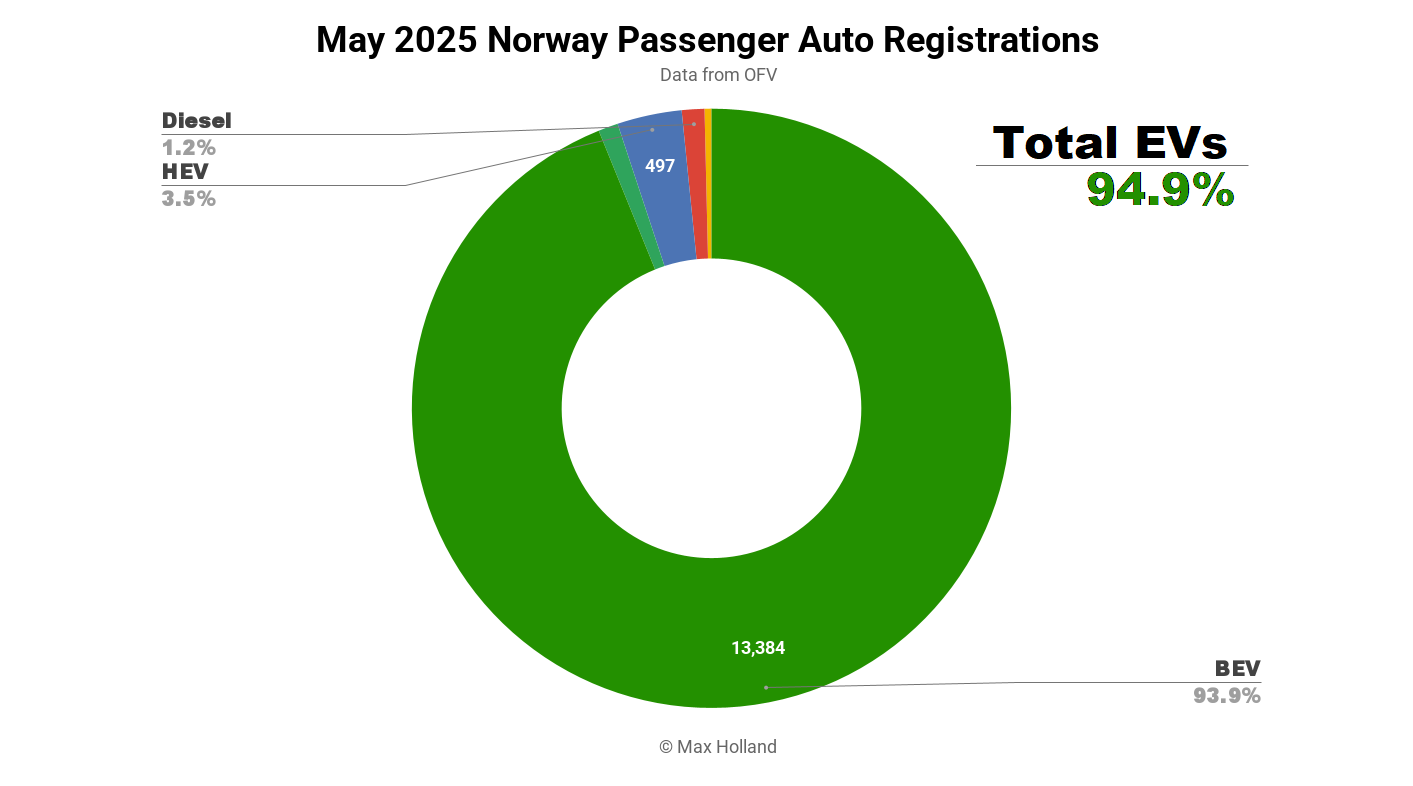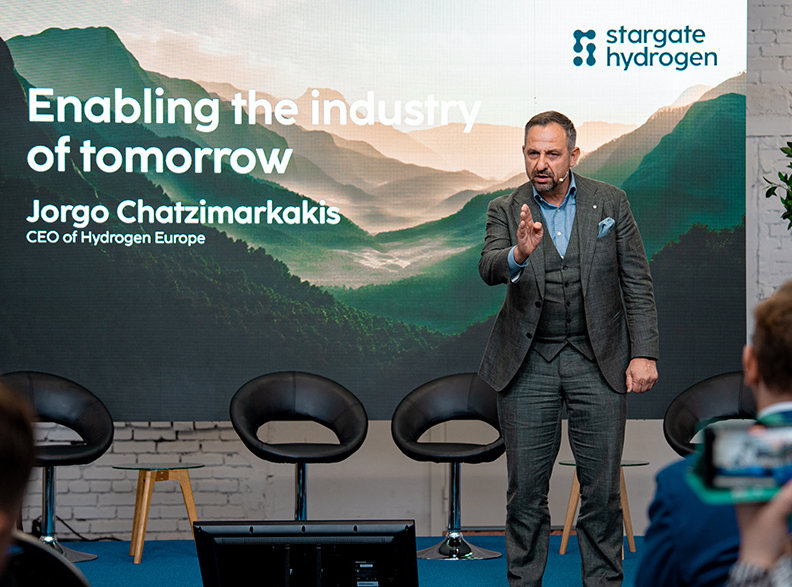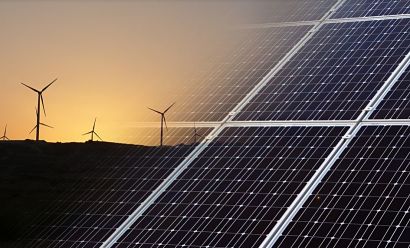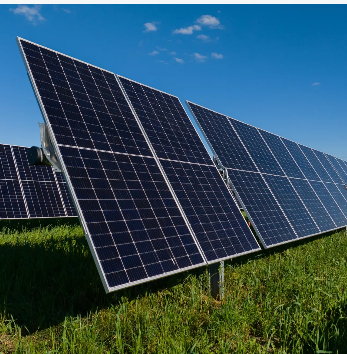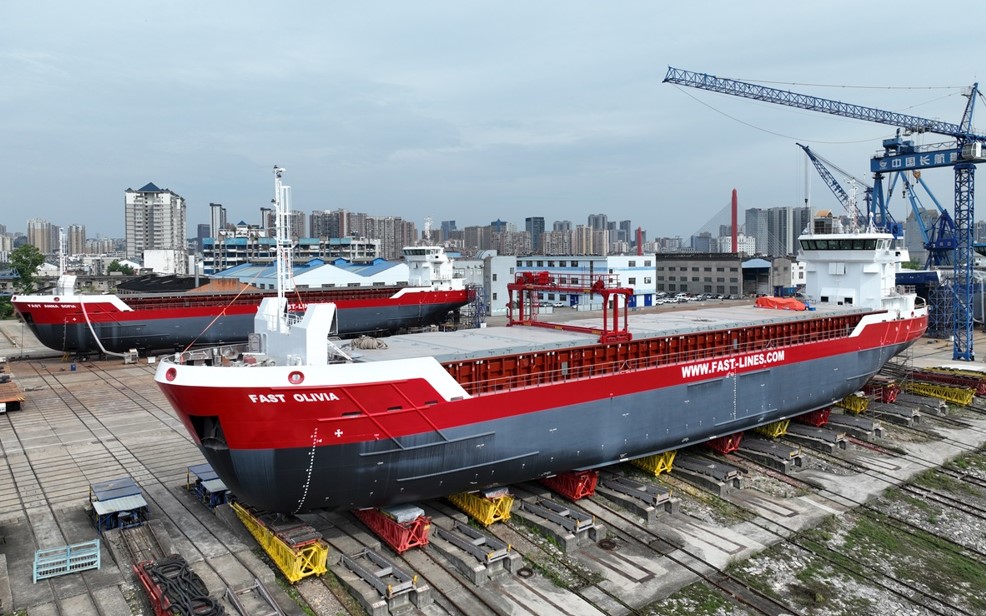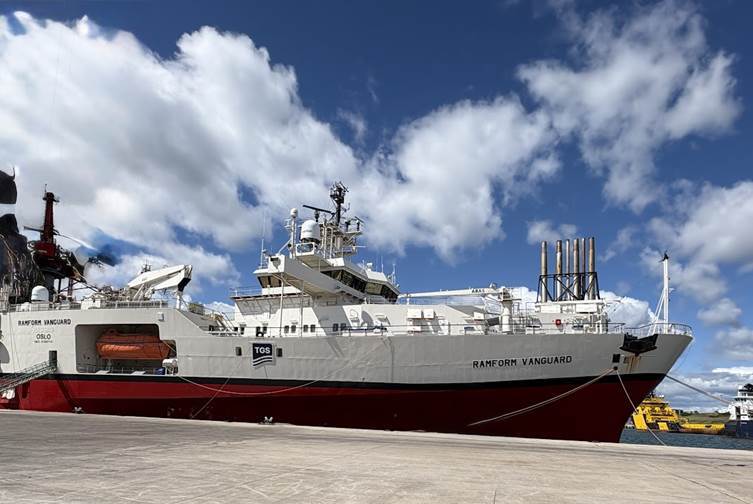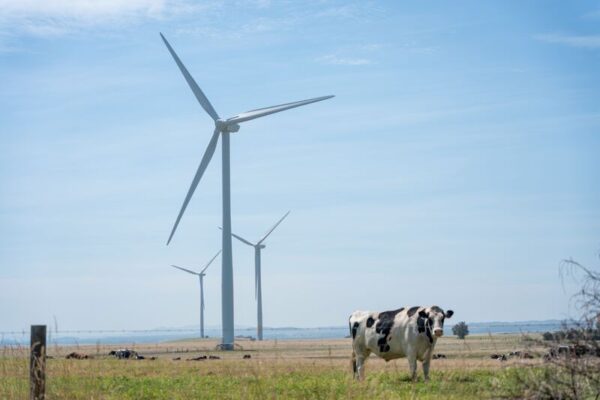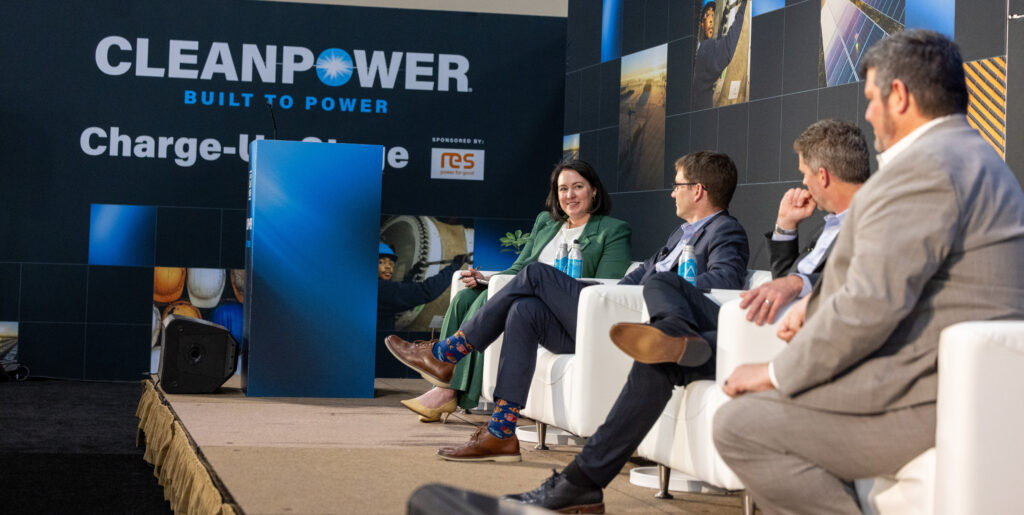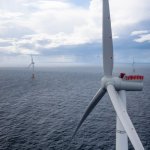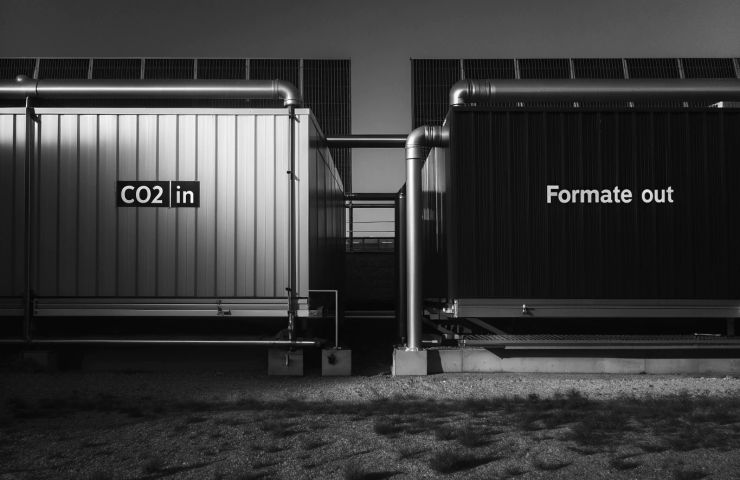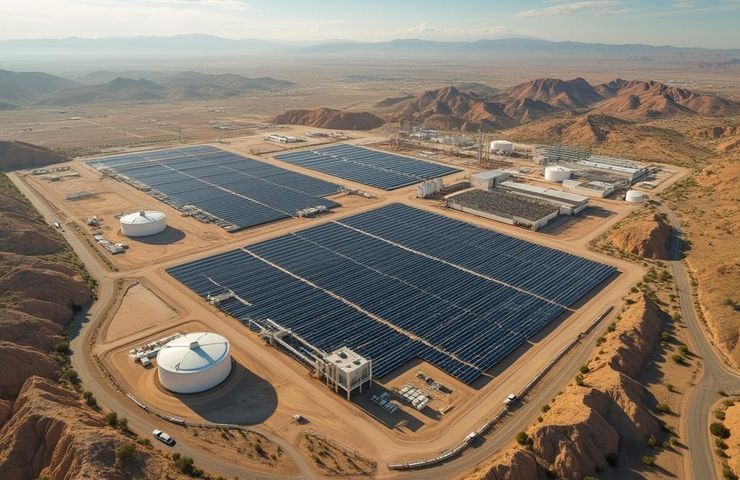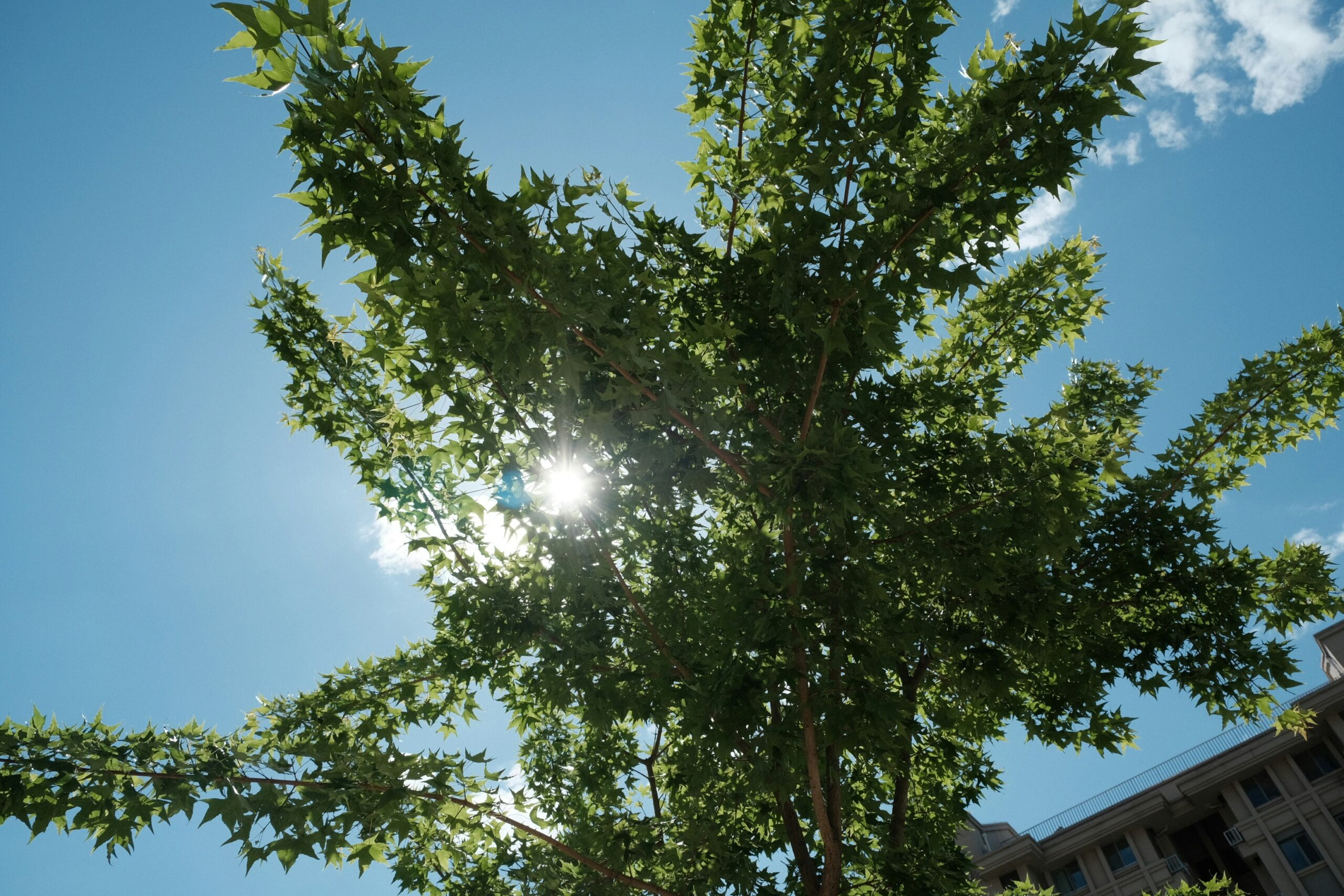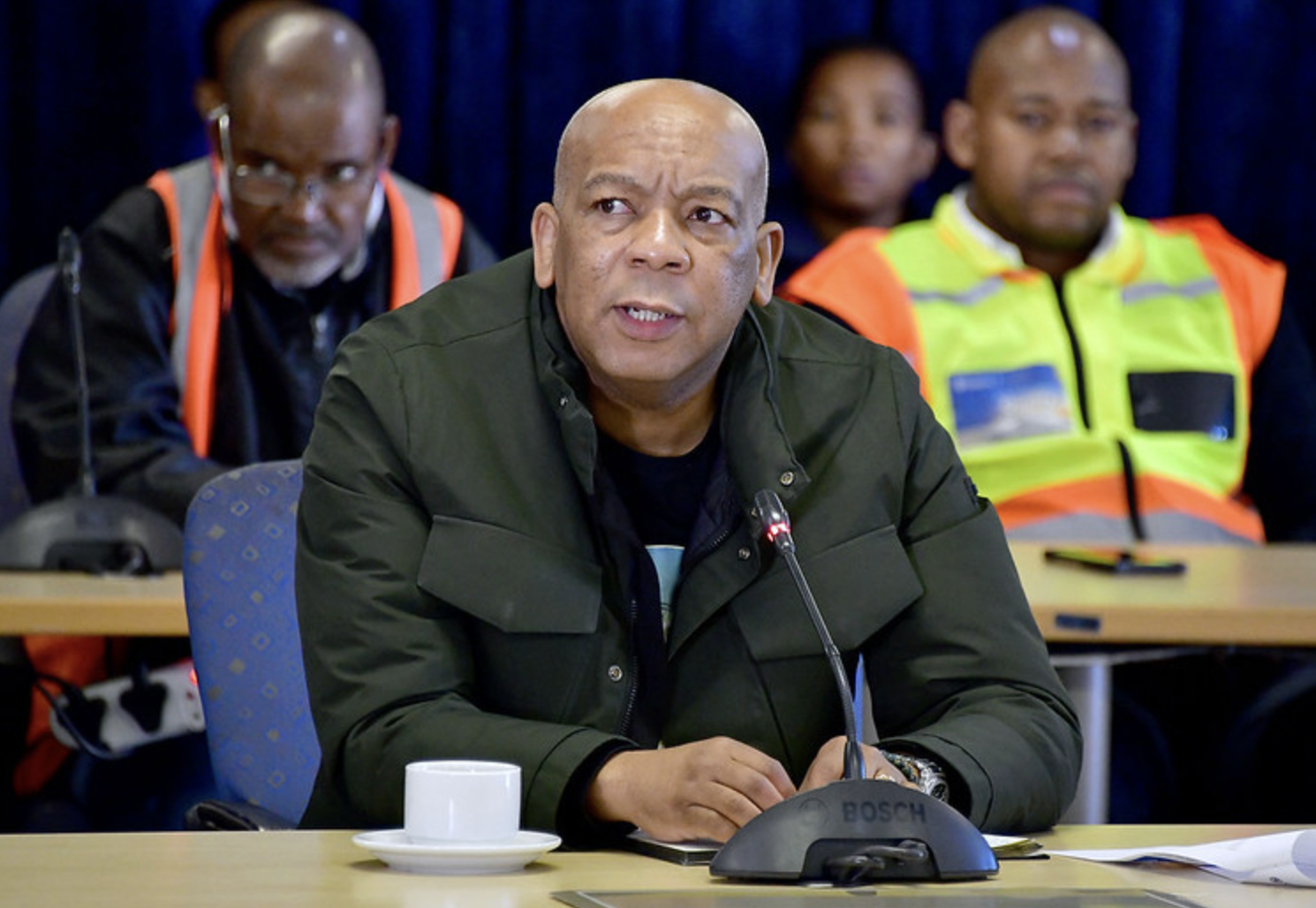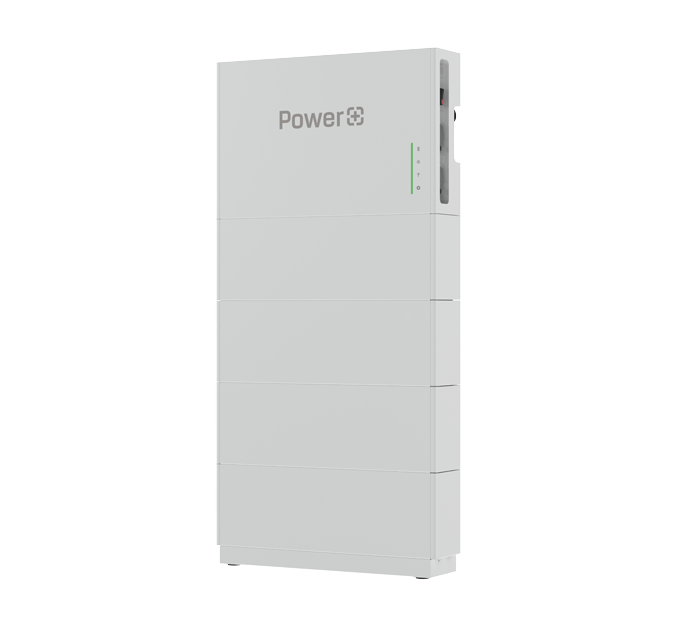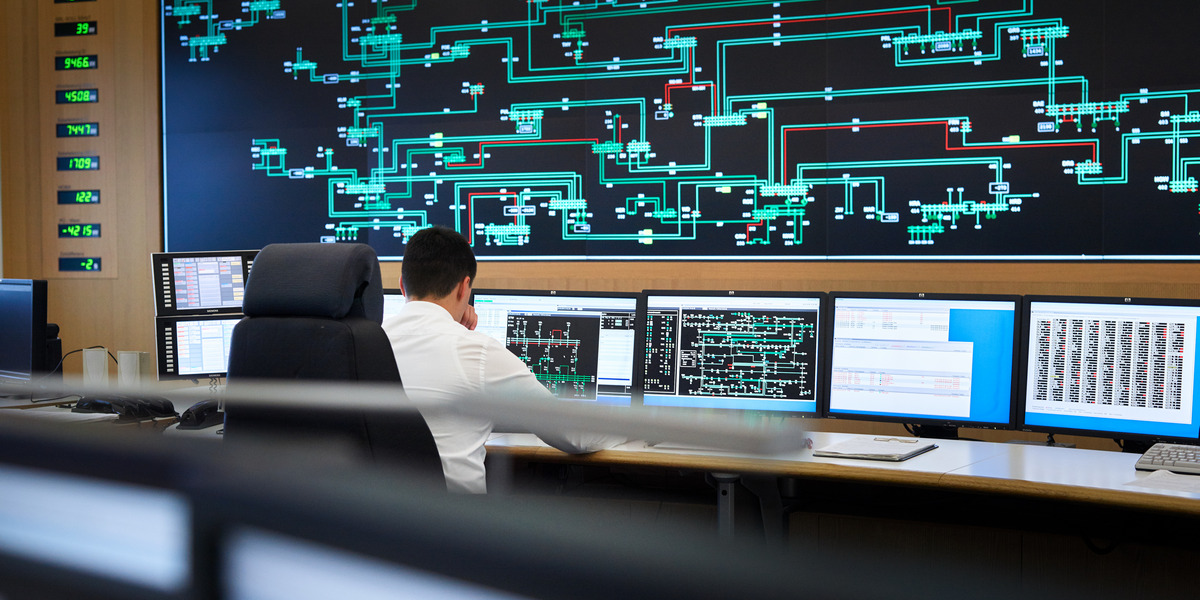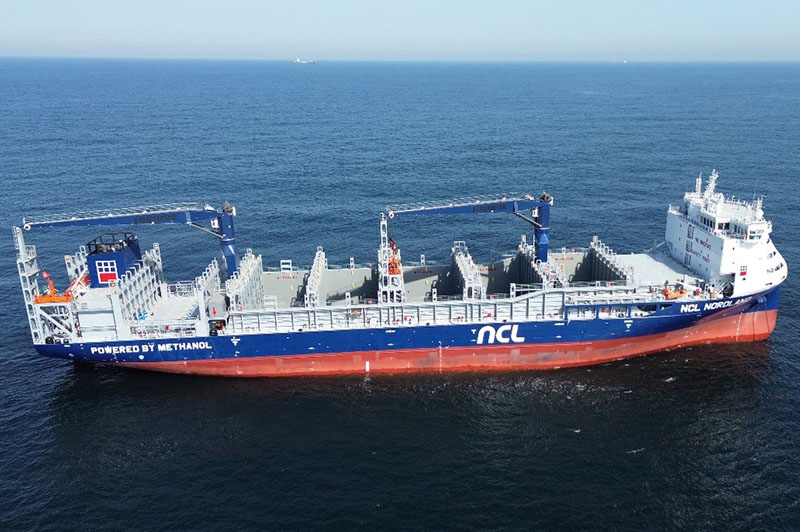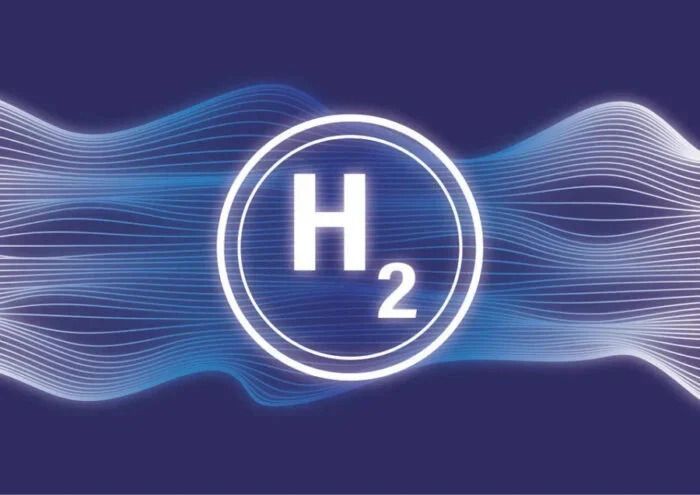Tariff uncertainty grips US battery development
The Trump administration’s China tariffs have piled atop existing and developing trade barriers on battery energy storage systems, components, and materials – destabilizing the US energy storage industry. While existing inventories will allow project development to move forward in the short term, uncertainty extends across the supply chain, including to prospective manufacturers.

The Trump administration’s China tariffs have piled atop existing and developing trade barriers on battery energy storage systems, components, and materials – destabilizing the US energy storage industry. While existing inventories will allow project development to move forward in the short term, uncertainty extends across the supply chain, including to prospective manufacturers.
From ESS News
Tariff chaos reigns supreme in the development of the US stationary battery energy storage industry. Facing extraordinary tariffs of 145% on BESS imports into the country, developers will have to rely on inventory to realize projects. When these stockpiles are exhausted the outlook is unclear.
Even the 145% tariff rate is uncertain. On April 14, the White House released a “Fact Sheet,” which appeared to clarify tariffs matters. In it, the White House noted that “China faces up to a 245% tariff on imports to the United States as a result of its retaliatory actions.” And it showed it is working. “This includes a 125% reciprocal tariff, a 20% tariff to address the fentanyl crisis, and Section 301 tariffs on specific goods, between 7.5% and 100%.”
Whether that means BESS will attract the 245% rate is unclear. Speaking at a Roth Capital Partners webinar on April 17, Daniel Finn-Foley of Clean Energy Associates (CEA) said that his team was still trying to ascertain whether BESS would be hit with the absurdly high rate.
To continue reading, please visit our ESS News website.
What's Your Reaction?









